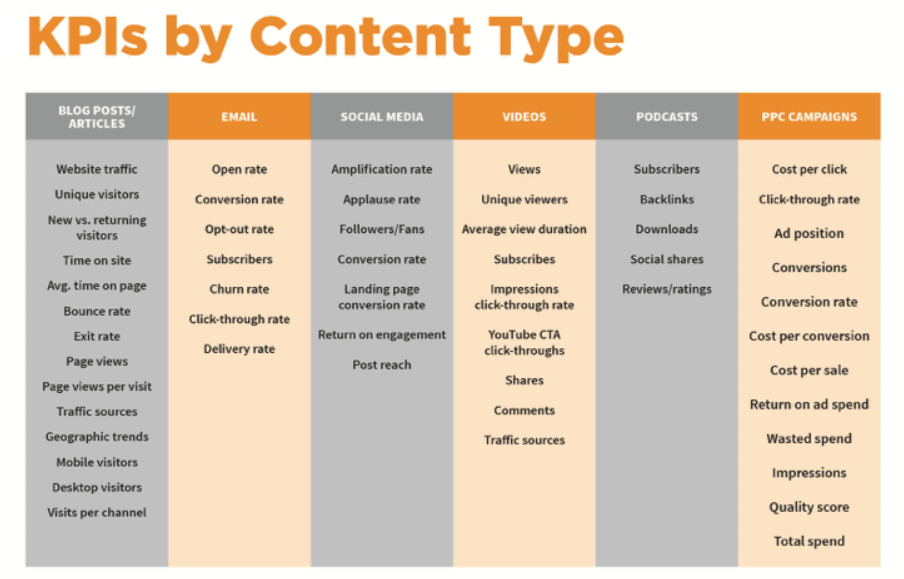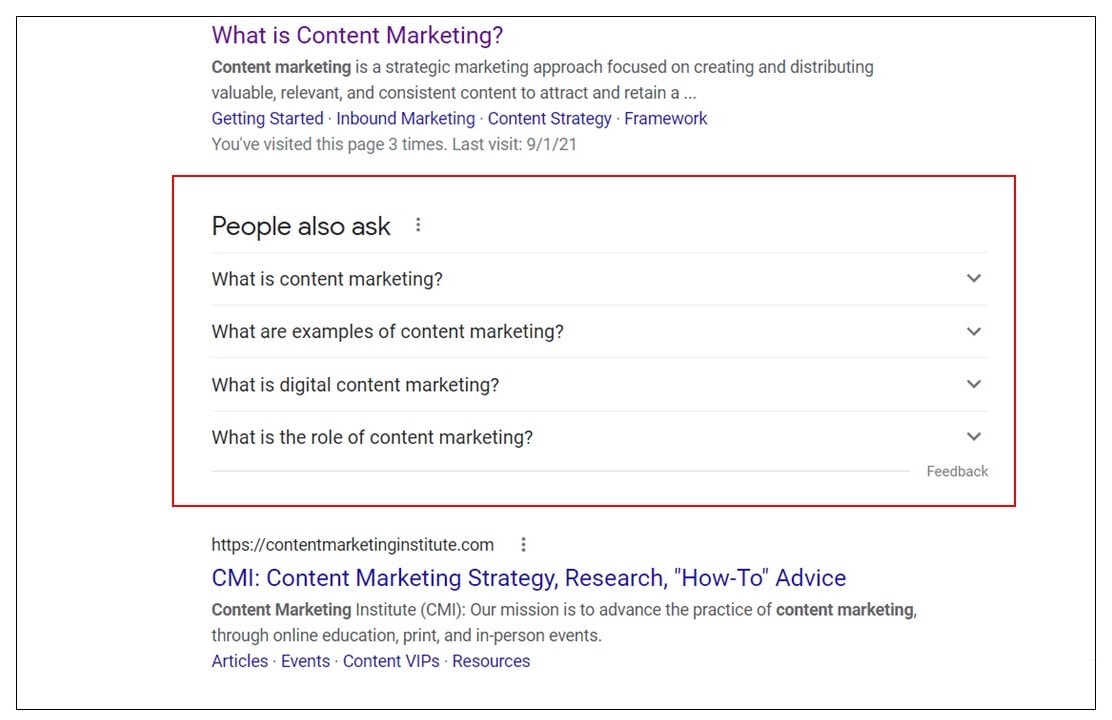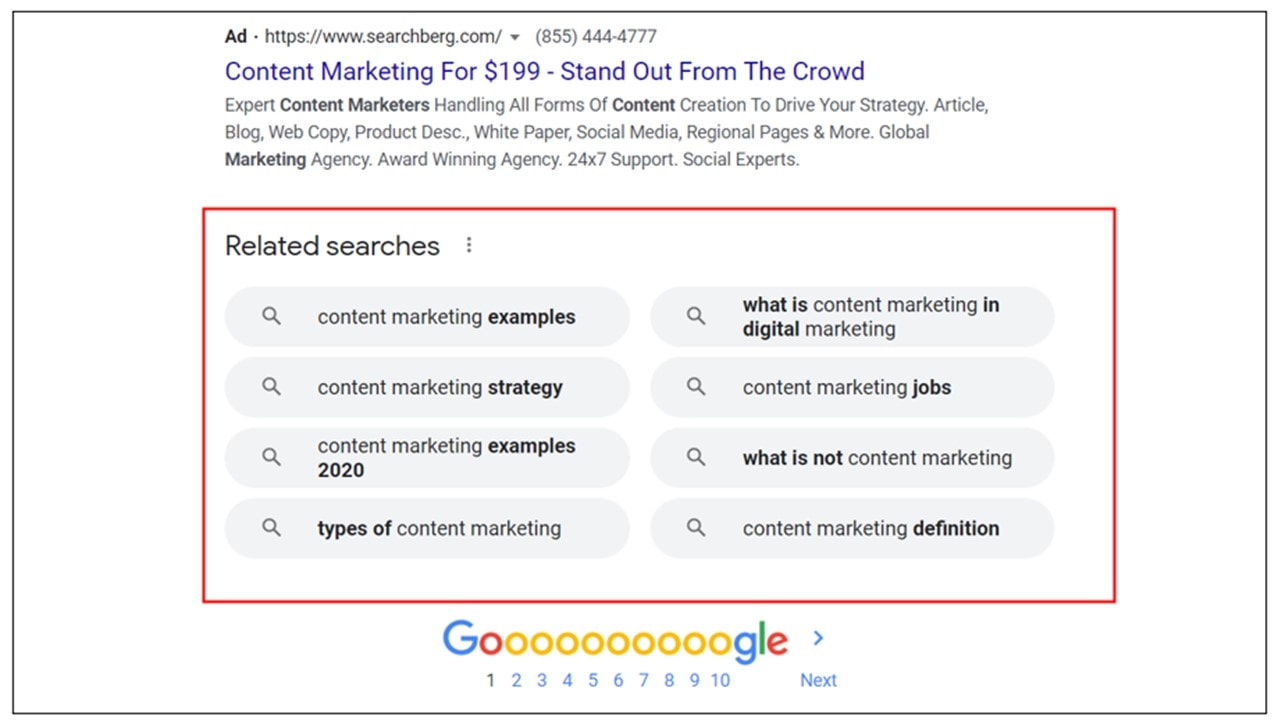Ep. 283: US Ambassador of Entrepreneurship Talks about Marketing’s Cutting Edge
How to Produce High-Converting Content
Who should listen: Entrepreneurs and small-business owners wanting expert advice and useful resources for maximizing the potential of their marketing, especially email and content marketing.
Key idea: Personalization is essential to successful marketing, and the technology exists to make it easier than ever to implement.
Action items: 1) Use Dan’s advice to analyze Google search results before creating your next piece of content; 2) Connect with vendors and business partners, and agree to promote each other’s content.
You don’t get to be a US ambassador of entrepreneurship if you don’t have at least a few good ideas about how to build a successful business, and Dan McGaw has more than a few. He’s been building money-making companies since he was 13 years old and started a profitable booking agency for artists.
Our conversation with Dan covered a lot of ground, which is something you might expect from an expert of his caliber.
Among the topics we discussed were:
- the one thing that distinguishes entrepreneurs from “wantrepreneurs,”
- why the telephone remains a salesperson’s best tool,
- how email is still an outstanding marketing tool (if you’re smart about how you use it),
- his opinion about social media and paid internet advertising,
- how you can get your content to rank on Google, and
- how to effectively “stack” your marketing technology (martech).
Here, we’re going to expand on just two of Dan’s ideas about content marketing, but you can get all the details about this and the other topics when you listen to his full interview.
What kind of content should I be creating?
This is one of the more frequently asked questions we receive about content marketing, so we thought we’d pose the question to Dan, who devotes 100% of his marketing budget to content.
The obvious answer is you want to create content that people will search for and will consequently rank high on a search engine’s results page (SERP). For that, there several tools and techniques you can use.
Google Trends
Paying for market research can be cost prohibitive for many small businesses, which is what makes Google Trends such a valuable tool—it’s free.
With Google Trends, you can discover how often Google users enter different search terms compared to the total volume of searches over a selected period. The results will tell you how popular different searches are in the US and other regions across the globe. You can tweak the results to show popularity over time and find spikes in search volume that are typically initiated by events happening in the world.
It’s an interesting and fun-to-use tool. Find it at trends.google.com.
Google Keyword Planner
Another free tool from Google, Google Keyword Planner, is primarily designed for marketers who want to create a pay-per-click (PPC) ad campaign that will maximize the number of clicks at the lowest possible cost.
Marketers use Google Keyword Planner to discover keywords related to their business type, see estimates for monthly searches of those keywords, review cost estimates for targeting those keywords, and determine how competitive it is to rank using those keywords.
But it’s also helpful for content marketers who have a Google Ads account. (It’s okay; you don’t have to buy any ads or enter any billing information.)
Enter any keyword relevant to a topic, business, product, niche, etc., into the “Discover New Keywords” section of the tool. When you click “Get Results,” you’ll be given a list of related keywords that you can download and save as an Excel workbook for easy organization and filtering. There are also filters within the tool that you can use to narrow your searches to terms more relevant to your goal.
Use the results to find what’s popular, and then add the terms in your content. To promote top SERP rankings, include your selected keywords in the main title, subtitles, image captions, meta description, and, of course, the content.
“People also search,” “People also ask,” and “Related searches”
When you do a search using Google, you’ll often see one or more of these three sections on the SERP. Pay attention—these are other words, terms, and questions people have used to search for the same or similar topics. You can use them to expand or refine your search and the keywords you may want to include in your content.
Once you’ve determined what people are searching for (and not merely what you want to write about), Dan recommends you search for your topic, read the top 10 results, determine what they are lacking, and then write a higher-quality piece of content that adds what’s missing. Do that, and then you’ll be sure to rank near the top of the SERP after some time.
How do I measure the results?
Even when it comes to content marketing, you need to track how you’re doing against a defined goal. Not everything will work all the time, so you need to know what’s working and what isn’t so that you can adapt accordingly. As Luke says, you need to Act—Track—Pivot.
There are two ways you might want to measure how your content performs. One is the return on investment (ROI). The other is to track key performance indicators (KPIs) of your choosing.
ROI
You can calculate the monetary return on your content marketing by applying this formula:

Source: Semrush.com
While you can calculate the ROI of a single piece of content, you actually want to measure the ROI of your entire content-marketing effort, so be sure that you’re including your total investment.
KPIs
The goal of your content can be few or many; the choice is yours. At ReminderMedia, we track several KPIs across our content-marketing campaigns, including open rate, opportunities, and conversions.
Below is a table of KPIs assembled by the Content Marketing Institute and the type of content to which they may be most appropriate:

Source: Content Marketing Institute
The key to your content-marketing success will be the consistency with which you produce and distribute it. Content marketing is a long-term game, and you’ll need to be disciplined if you’re going to make it pay off. But if this all sounds like too much for you to take on yourself, then visit our product page and see how we can help lighten the load.
Please enjoy this episode, and we’d appreciate it if you would give us a five-star rating and leave a review on Apple Podcasts. (Not sure how to leave a review? Click here.)
Connect | Resources
Dan McGaw, “How to Create a Lead Generating Content Marketing Strategy”
Dan McGaw, Build Cool Sh*t: A Blueprint to Creating a Marketing Technology Stack
Text “martech” to 415-915-9011 to receive a free copy of Dan’s book
Connect with Dan on LinkedIn at linkedin.com/in/danielmcgaw
We are a participant in the Amazon Services LLC Associates Program, an affiliate advertising program designed to provide a means for ReminderMedia to earn a small fee by linking to Amazon.com and affiliated sites.

















 Soundcloud
Soundcloud iHeart Radio
iHeart Radio Spotify
Spotify Spotify
Spotify


